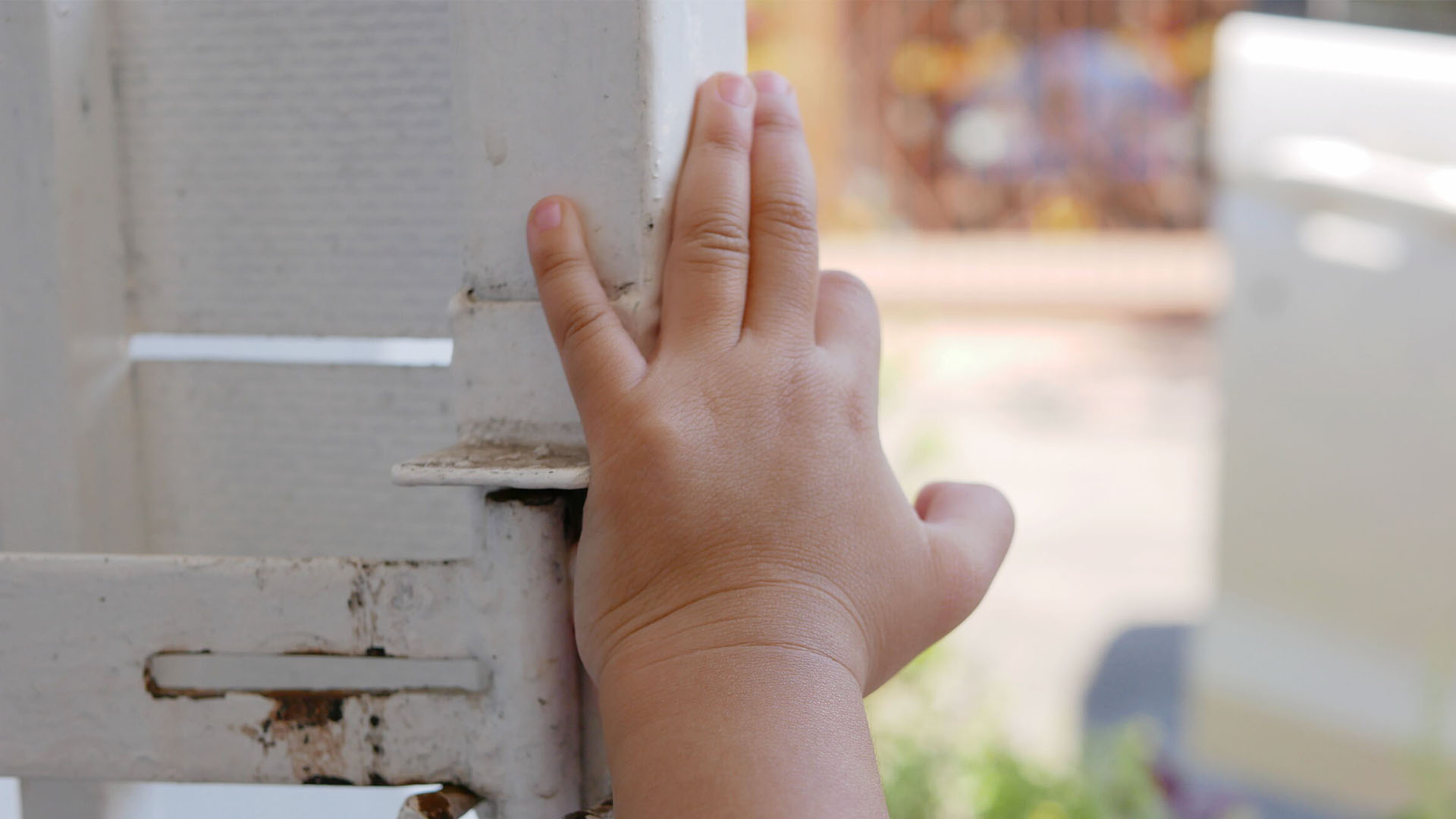7 Ways To Change Your Parenting Mindset From Exhausted To Excited
Today (1 June) is Global Day of Parents, a UN observance day that spotlights the important role that parenting and families play in building a better world.
No one said parenting was easy. You love your kids, but every day seems to bring a new challenge.
Life can get busy and stressful, especially if you’re a working parent. But instead of feeling guilty for always being exhausted and not having enough energy for your children, how great would it be if you could make the most of each minute you had with them? Approaching parenthood as a process can help keep you sane through it all. Take it seriously but not too seriously.
Check out these simple tips on being happier and excited about parenthood, rather than being weighed down by it:
1. Learn to enjoy the ride
It’s the small moments that make parenting worthwhile, like when your baby takes his first step or says his first words. Don’t worry about everything today. Be kind to yourself and your kids. Develop an attitude of gratitude and be mindful of the small things in your life. And be flexible! Parenthood is a journey where you discover new challenges each day, so be kind to yourself.
2. Remember that one size does not fit all
Every family is different because every parent and every child is different, so don’t compare yourself to others. Do what works best for you and your family. Just do the best that you can with what you have and don’t beat yourself up for past decisions you made. Remind yourself daily that there are no perfect kids and no perfect parents. You will make mistakes as will your kids, and it’s okay.
3. Less can be more
See point 1 - go with the flow, rather than hovering as a helicopter parent, monitoring your child’s every move and packing their schedules full of activities. That will only make you more stressed out and exhausted. By trying to do more, we could actually be making things less enjoyable and less effective. For instance, let your child engage in free play on their own - you don’t need to be involved as they play. Instead, take pleasure in watching them explore new things. Unstructured free play is critically important in how kids develop basic cognitive abilities, like decision-making and problem-solving, best preparing them for the trial-and-error nature of life. So let go a little and let kids be kids while you happily watch them from a distance.
4. Love them every chance you get
Kids grow up super fast, and before you know it, they’ll be leaving home for university. So grab every opportunity that you get for a hug or a kiss, and don’t let them leave the house without an “I love you.” Smile big and often. When you smile, you’re likely to be less stressed and your tone automatically becomes happier too. So if your child can hear your smile in your voice, they are more likely to listen to you, which in turn will make you more excited and set the mood for a happy home. Win-win!
5. Live one day at a time
Although we just said that time flies and your child will grow up before you know it, there’s nothing more exhausting than living each day in the future, and already planning for college when you have a toddler in the house. Instead of spending all your energy into forging a path ahead for your child, support him instead as he discovers what his likes and dislikes are. When your child feels supported and less under pressure, that will no doubt in turn make you feel less pressured too, as you know that you are doing the best for your child. Seeing him happy and closer to you quickly helps shift that parenting mindset into an excited one!
6. Practice healthy communication at home and be an active listener
Strong relationships require healthy communication and treating everyone (including your child) with respect. Be an active listener, rather than just listening to respond. Healthy communication reduces family conflict and makes you feel more effective as a parent, because really listening to your child can help validate their feelings (even if they aren’t reflective of your own). Everyone likes to know that their opinion is valued and needed, so make sure you ask probing questions to find out exactly what your child feels about the issue on hand. That way parenting seamlessly becomes more inclusive (rather than just you deciding everything for everyone), so it’s less pressure off your head too and a more collaborative family effort.
7. Once they’re old enough to understand, reframe chores as family contributions
To make chores more fun, start calling them “family contributions” instead, explaining to your child that you’re all on the same team working towards a clean and happy home, so everyone can contribute something important. Rather than forcing children to do a chore, they will be more happier pitching in a contribution that they enjoy. When they’re less hostile, you’re going to be less exhausted and more excited as well.
For the latest updates on Wonderwall.sg, be sure to follow us on TikTok, Telegram, Instagram, and Facebook. If you have a story idea for us, email us at [email protected].











